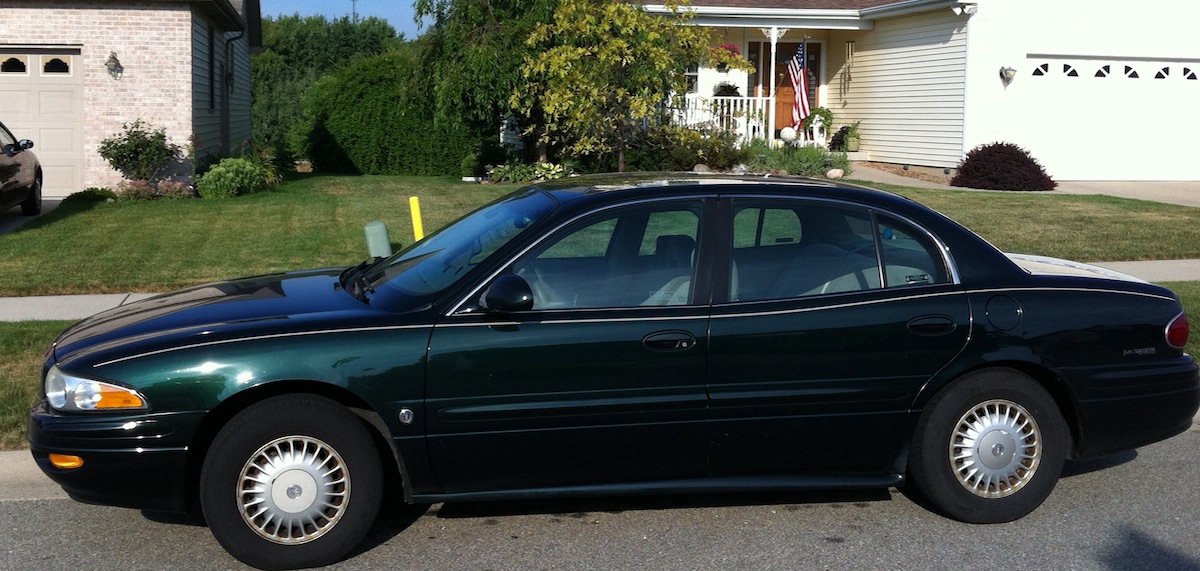These are notes we used to guide the two-person panel at the US Moodle Moot August 3, 2012.
Panelists: Dr. Chuck Severance and Phil Hill
Moderator: Brad Schleicher
From the Program:
The future of Moodle is inextricably linked to the future evolution of the LMS. Recent changes in social app adoption, LMS business models, OER licensing, and the ongoing evolution of LMS usage are some of the factors influencing the future. What does Moodle, organizations using Moodle, and teachers need to consider to adapt successfully to this future?
Agenda:
• Quick introduction from Andrew Roderick, putting program in his words as well as short bio description of Chuck and Phil (2 minutes)
• Description of panel, rules (2 minutes)
• Phil introduces Chuck from his perspective (2 minutes?)
• Chuck introduces Phil from his perspective (2 minutes?)
• Brad introduces ground rules, then asks first question (2 minutes)
• Chuck and Phil question each other, PTI style (20 – 30 minutes)
• Audience questions filter in, including questioning of audience (15 – 20 minutes)
Rules:
• Each panelist question will lead to a ~60 second response from the other panelist, following by ~15 second reaction from questioner.
• The panelists will alternate asking the questions.
• Interruptions and challenges are allowed and encouraged.
• No speechmaking through questions.
• The moderator will actively manage the discussion and push the discussion forward.
• The audience can veto the moderator and indicate discussions that should be extended or re-directed.
• We will use hashtags to encourage audience input and questions.
Initial questions listed below. It is always better to go in depth on a particular aspect of a topic than to try to cover an entire subject in a short time span.
1) What is surprising in the last year in terms for the nature of the market? (both panelists will have 60 seconds to respond to this question from the moderator, with 15 second reflections each)
2) If we came back in five years how will LMS’s be different? UI? Market penetration?
3) What will be the story about open source LMS circa 2000 – 2012 if written in 5 years?
4) Has the LMS market fundamentally changed as you allege? If so, what are the drivers that are causing real changes to a market that has been fairly stagnant or stable for the past decade?
5) Does it matter? Was the LMS movement a short-term phemomenom that has almost run its course? Do teachers really use the LMS in an engaged way or is it just a tool of administrative control?
6) Who stands the most to gain and the most to lose if the LMS market continues migration to a learning platform market? What are the best case and worst case scenarios that you see in regards to LMSs?
7) Has the LMS open source movement lost its purpose? Previously the narrative was Moodle and Sakai, while being high-quality, as also being the source of freedom – freedom from the proprietary LMS market and M&A activity. Blackboard in particular supports the vision of multiple learning platforms. Are Moodle and Sakai still solving problems that education markets need solved?
8) Why do none of the new MOOC entrants (Stanford, Coursera, Udacity, MITx, edX, connectivist MOOCs) use traditional LMS solutions? Does there focus on custom-development signal a change in the value of the LMS as it exists today?
9) Lore developed two versions of its learning platform in less than 12 months and less than $4M. Coursera developed its platform in less than 12 months and less than $4M. what does this rapid pace and low cost of development mean for the future of the LMS?
10) Are we just blowing smoke amongst over-caffeinated pundits? The SUNY Learning Network proposed the rough equivalent of a learning platform based on patching together tools within a Learning Management Operating System in 2005 / 2006. That effort did not lead to changes in the LMS. Why do you / we think the situation is different?
11) Recently Jeff Young of the Chronicle wrote an article analyzing the Coursera contract with the University of Michigan based on a FOIA request. Given the role of being “open”, should these new delivery models such as MOOC be transparent and open in their potential business models and revenue considerations? Did Jeff perform a service to education or was he muck-racking?
12) What about teaching practices? Is the MOOC the ultimate flipped classroom? Or is it yet another type of drill and kill? We will discuss some of the methods we have used to engage learners. Will we change the definition of what is a good or successful teacher? Will teachers be more like talk-show hosts? And, if so, will the reward system be altered for those who are skilled in such environments? What are the options for those teachers who have difficulty teaching more than 25 students.
13) Who will the real winners and losers be if the MOOCs achieve wide dispersion?
14) How will we know when a MOOC is financially successful? What business plans make a massive open online course (MOOC) viable? Coursera and Udacity are already suggesting many different types of business models. Some involve companies sponsor courses, tuition small fees, membership, secure assessment fees, selling courses to community colleges, fees for certificates of completion, loss leader courses, paid advertisements, and pay as you go models.
15) How do all of these changes affect educational institutions? What do they need to do to prepare from and benefit from the future of LMS and learning platforms?
16) What will be the impact to students from all of the ed tech market changes? Will they benefit overall, or are we looking at clever ways for venture capitalists and private equity investors to benefit from a public movement?
